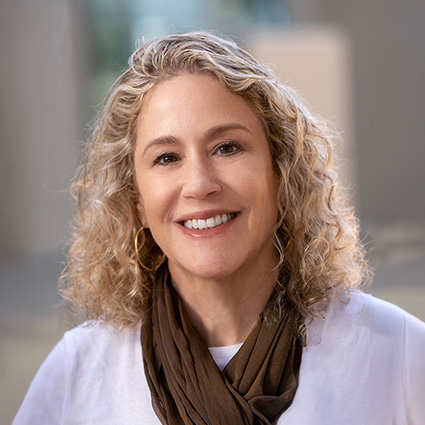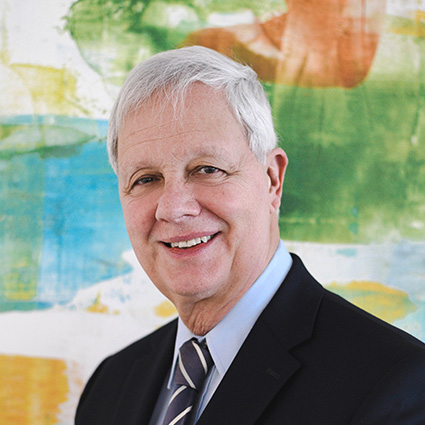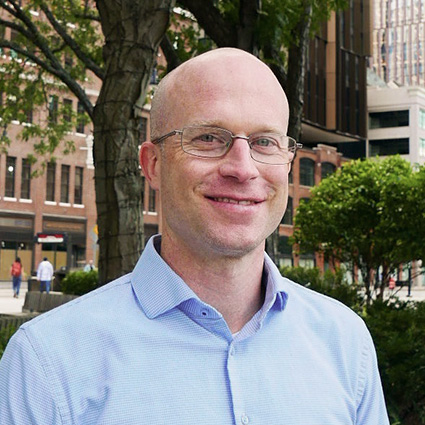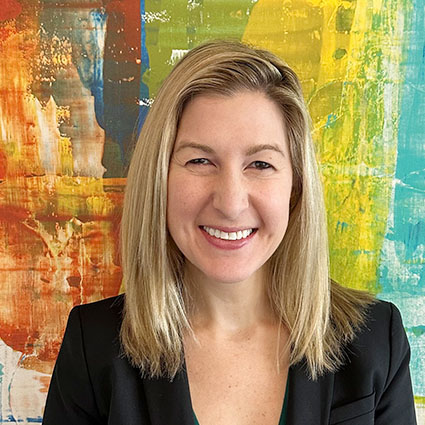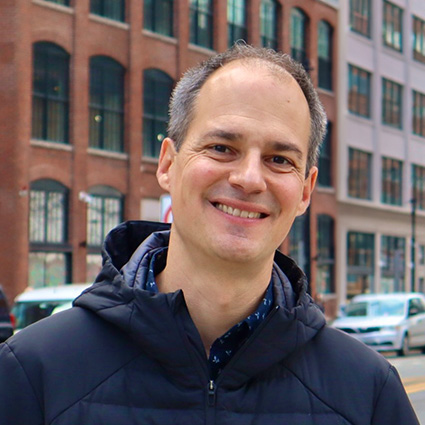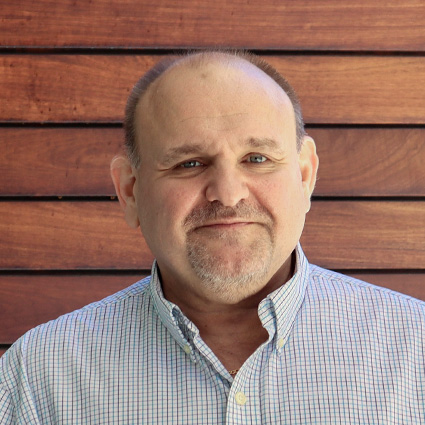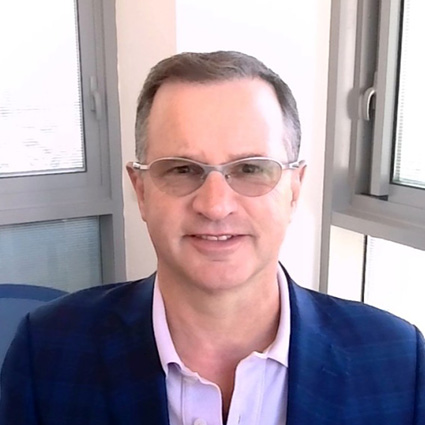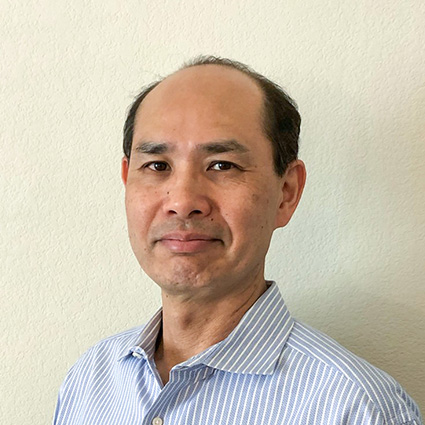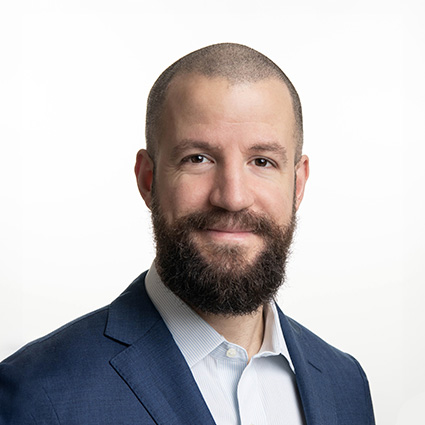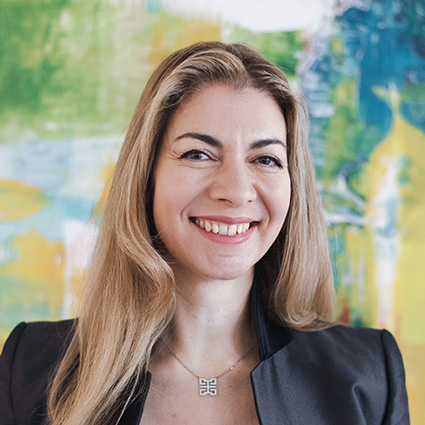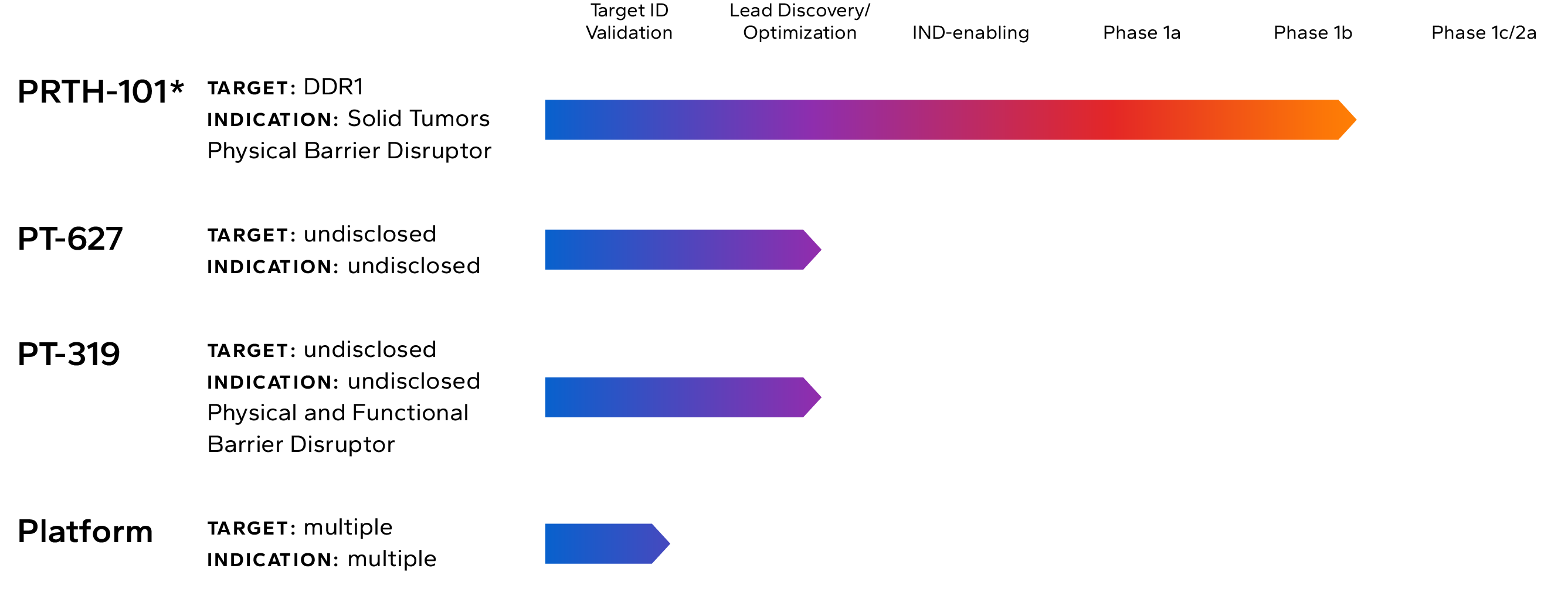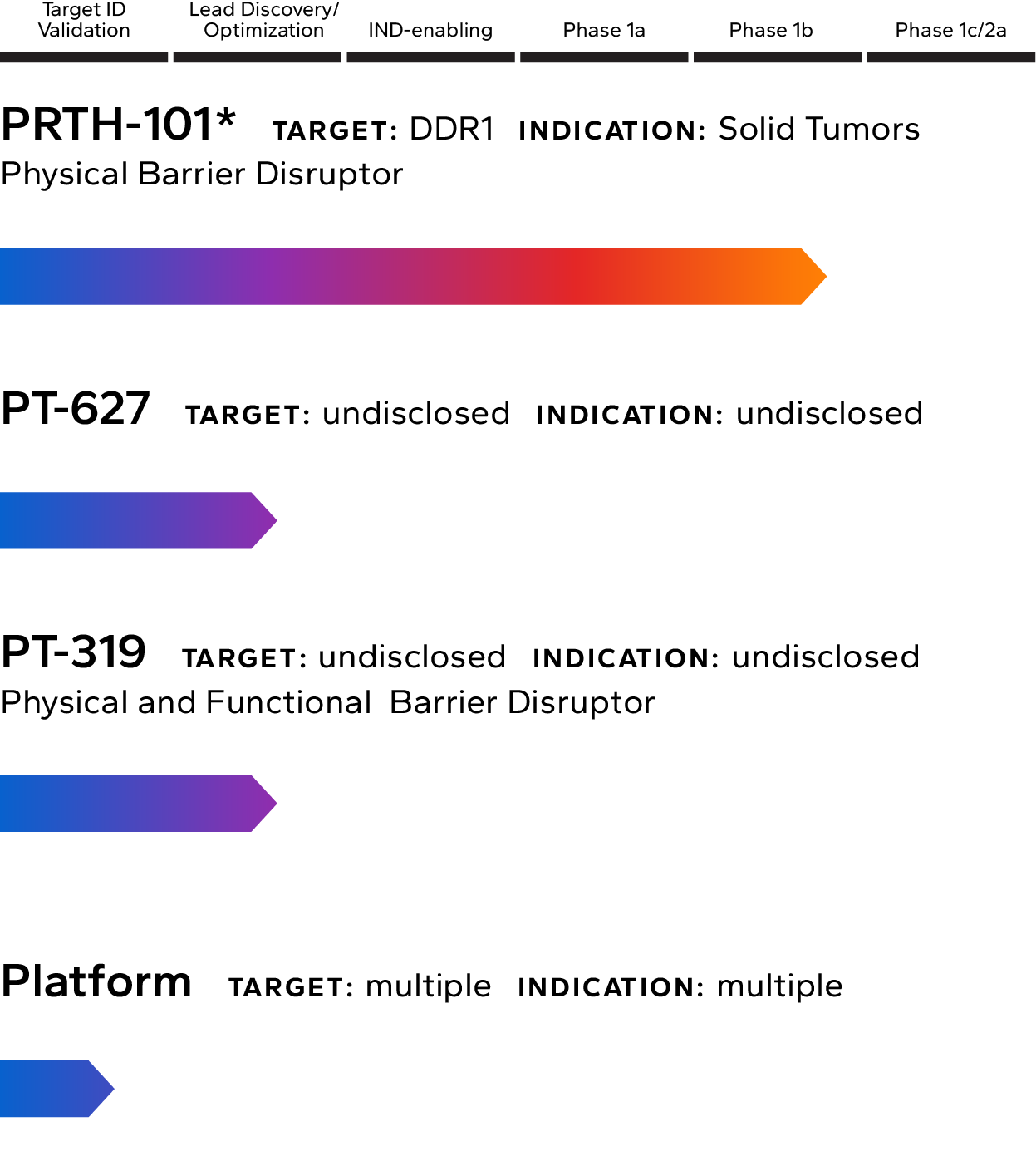Our Science
Incendia is currently running a phase 1 clinical trial evaluating the safety, biologic, and clinical impact of PRTH-101 alone and in combination with PD-1 inhibition (NCT05753722).
PRTH-101 is a monoclonal antibody that binds to and inhibits Discoidin Domain Receptor 1 (DDR1). DDR1 is a collagen receptor that is highly expressed by cancer cells in multiple tumor types. Higher levels of DDR1 expression are associated with increased tumor invasiveness, chemoresistance, and worse outcomes in cancer. DDR1 promotes collagen fiber alignment, creating a physical barrier that prevents immune cells from interacting with and attacking tumor cells. Preclinical studies have shown that blocking DDR1 with PRTH-101 disrupts the tumor cell-induced collagen fiber alignment, thus creating gaps in this barrier and allowing T cells to enter and attack the tumor cells. Thus, PRTH-101 represents a unique approach to stimulating immune-based antitumor activity.
Additionally, addressing aligned collagen with PRTH-101 may allow established cancer therapeutics to work more effectively. Gaps in the collagen barrier may allow modified T cell therapies to enter solid tumors more easily. It may decrease tumor bed oncotic pressure allowing the diffusion of chemotherapies into the tumor at higher concentrations. Similarly, PRTH-101 may decrease hypoxia in the tumor microenvironment allowing radiation to work more effectively.

